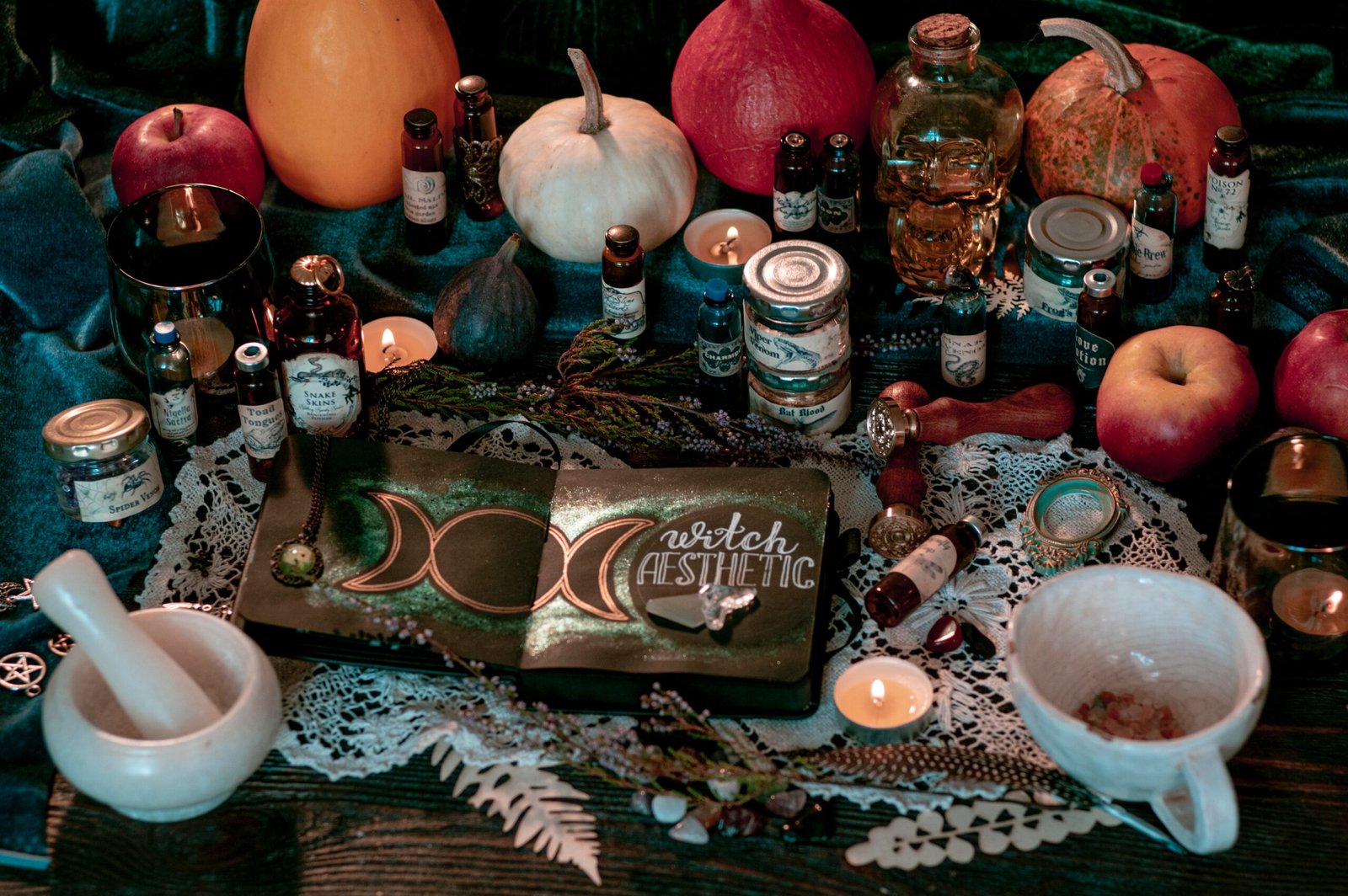Dark spells have been a topic of fascination and controversy for centuries. These spells, often associated with black magic and evil intentions, have a mysterious allure that captivates both skeptics and believers. While the idea of casting dark spells may seem tempting, it is important to understand the potential consequences and ethical considerations involved.
First and foremost, casting dark spells goes against the principles of many spiritual and religious beliefs. These spells are often seen as manipulative and harmful to others, leading to negative karma or spiritual repercussions. It is essential to consider the moral implications before delving into the realm of dark magic.
That being said, it is crucial to acknowledge that magic, in all its forms, is a neutral force. It is the intention and the actions of the spellcaster that determine whether the spell is used for good or evil. Many practitioners of dark magic argue that these spells can be used for self-defense or protection against malevolent forces.
However, it is important to approach dark magic with caution and respect. Casting dark spells requires a deep understanding of the energies involved and the potential consequences. It is recommended to seek guidance from experienced practitioners or mentors who can provide insight and guidance.
When casting dark spells, it is crucial to consider the ethical implications and ensure that the intention is not to cause harm or manipulate others. It is essential to remember the Wiccan Rede, which states, ‘An it harm none, do what ye will.’ This principle emphasizes the importance of not causing harm to others through magical practices.
Ultimately, the decision to cast dark spells is a personal one. It requires careful consideration, self-reflection, and a commitment to ethical practices. It is crucial to approach dark magic with respect and responsibility, always keeping in mind the potential consequences of our actions.




